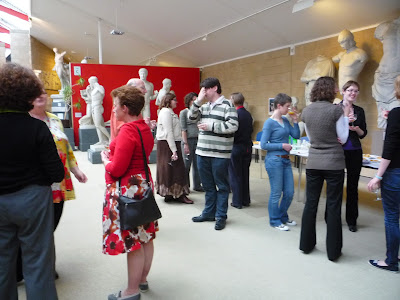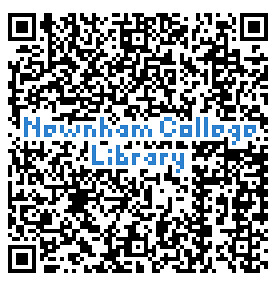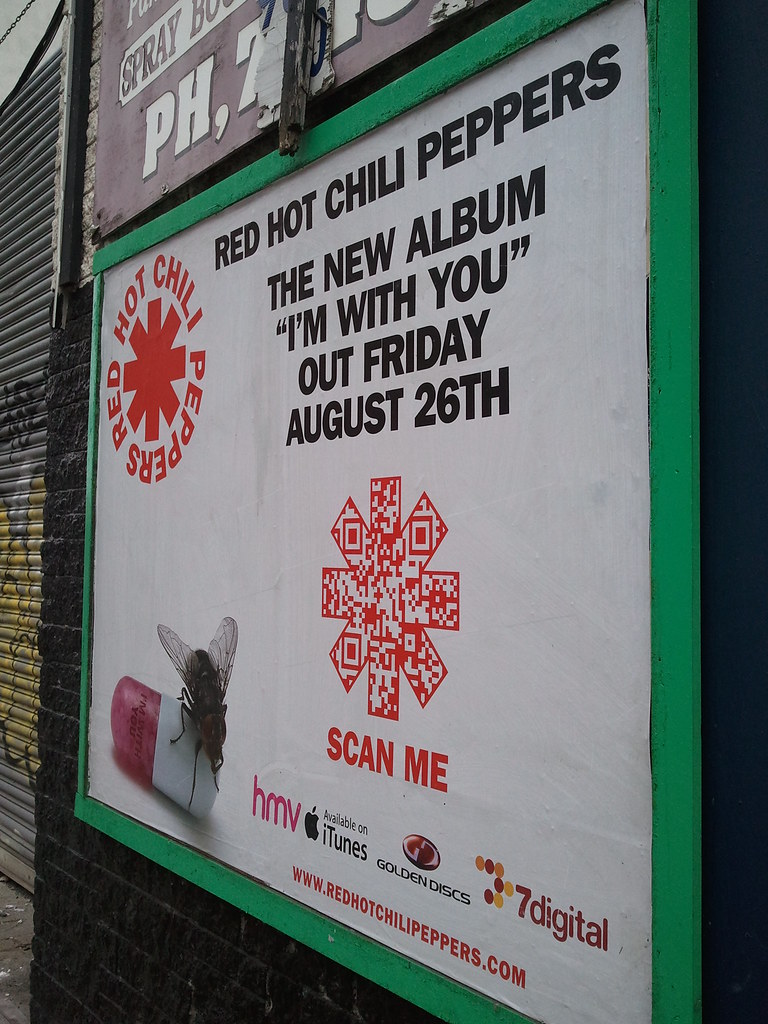So you've decided to take the plunge and commit to using a reference management tool. There are various questions you need to ask yourself before you start.
- Will I mainly be working from a single machine? Or will I need to add to and access my bibliography from multiple locations?
- Web-based or desktop program? Where is the data actually stored?
- What kind of references will I be adding? Is it principally bibliographical material or do I want to add lots of other types of files?
- Do I want to share my bibliography with others?
- How much support might I need? Do I prefer support from an open source community or a proprietary manufacturer?
- Do I envisage maintaining my bibliography after my academic affiliation ends?
EndnoteThis is the principal reference management software
supported by the university. It is installed on a selection of public workstations across campus but if you want to use it on your individual machine, you'll need to buy a licensed version from UCS for about £60.
It works best on a single machine. It can be combined with
Endnote Web if you're away from your desktop, though you need to be careful with the syncing process.
It connects seamlessly with many major databases, particularly Web of Knowledge to import references. It integrates well with Newton and with the library's e-resources to search for full-text versions of citations via the OpenURL link resolver.
It is possible to attach files (eg PDFs, images) to bibliographic records.
It has an enormous number of
output styles appropriate for different journals and publishers.
RefWorks
This is another proprietary product but one which is
web-based, avoiding the complications involved with syncing across multiple machines. Both institutional and individual accounts are offered but Cambridge is not a subscriber so you would have to sign up for an individual account and pay the annual fee (currently $100).
It connects seamlessly with major bibliographical databases to import references directly.
It has a nifty RSS feed reader so that you can add feeds from publishers, for instance.
It is possible to attach unlimited files to records.
It has lots of output styles and if you don't find the one that you need, you can modify an existing one or request that one be created.
There's lots of online help documentation, including webinars.
ZoteroThis is a free, open source tool which started out as an extension to the Firefox browser but is
now available as an independent stand-alone application.
It also works best on a single machine, though it has recently improved accessibility from multiple locations through syncing.
Since it sits within your browser, it's very easy to add citations from webpages.
It handles multimedia items well, and has a useful
archiving feature which allows you to save and annotate webpages.
It does not interact quite so seamlessly with major bibliographic databases such as Scopus or Web of Knowledge. It's often necessary to save your list of references in a format like .ris and then import into Zotero.
It can also be configured to work with CUL's OpenURL link resolver to find full-text items.
It doesn't offer quite so many output styles - but you can always
request one or
create your own.
Conclusion
Think about
using a reference management tool if you've got an upcoming project - an article? library course or chartership?
A
fuller comparison of the various options is available.
For more info on how reference management software works in a Cambridge environment, see the
CUL e-resources page or the
Computing Service documentation.







